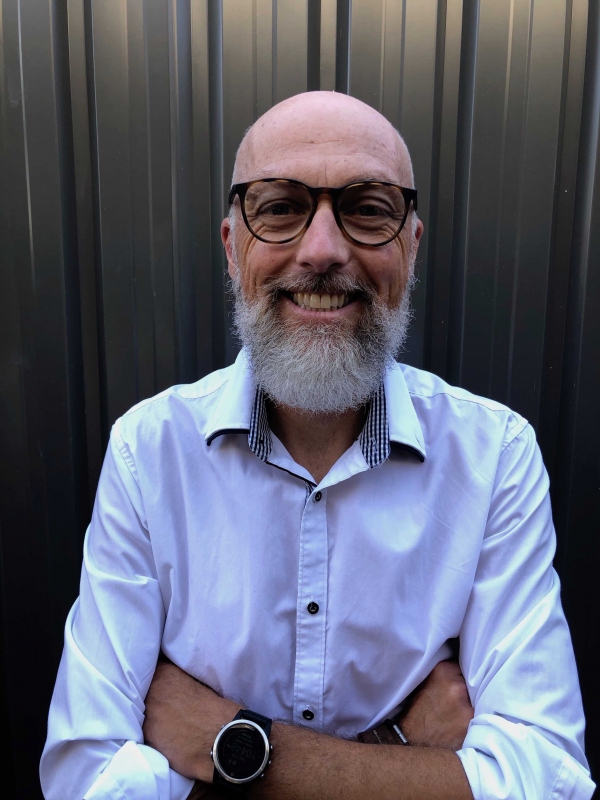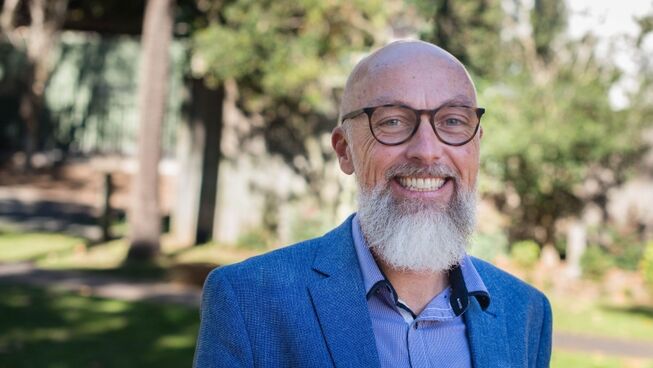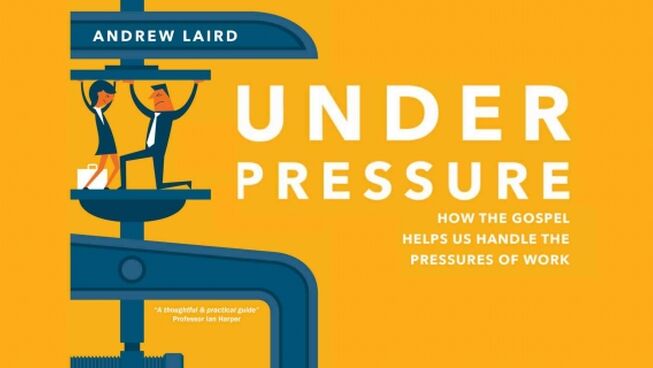Workism Pt 2:

If you’re of a certain age you’ll recall the “Soldier On With Codral” advertising campaign (you can probably hear the jingle as you read this).
There you were struck down by a cold, or even worse - man flu! You feel and look dreadful and the weather outside is miserable. Is there a salvation available that will enable you to mask the symptoms enough to get ready and get to work in order to have a productive day?
Turns out there is, and it’s in the form of Codral Cold and Flu medication.
Cut to scene of an almost joyous city worker bounding off to the office to the marching band tune of “Soldier on with Codral - with Codral you can soldier on.”
Which is all well and good except for the fact that new research shows that your fellow office workers, especially in this era of open space technology, don’t want you to soldier on. They want you to stay home and keep your germs with you, and they’re not above letting you know how selfish you are being.
The West Australian newspaper reports the rise of the sick-shamer; the work colleague who either passive aggressively shoves a tissue in your face as you sniffle away, or - less common - comes straight out and tells you to take it outside, onto the train and into your house.
Article author, Professor Gary Martin, chief executive of the Australian Institute of Management WA, gives reasons why people turn up, including job insecurity in our uncertain times.
But it’s another form of insecurity he names that’s more pressing, the personal insecurity that comes from presenteeism, the act of making sure you’re seen to be seen around the office.
And that in turn is a symptom of a malaise far worse than the dreaded man flu, the malaise of workism, which this article in The Atlantic helpfully maps out.
At its heart workism is about our jobs not merely being a means of material production, but of identity production, a way of crafting who you are as a person.
Let’s face it, no one really thinks that if they miss one day at the office due to sickness, or even a week, that somehow the cogs and wheels of material production will come to a grinding halt.
But the wheels of identity production just might. So we respond emotionally rather than rationally, and here is Codral to salve your fears as much as your ailments.
Taking time off work has become another form of FOMO, the fear that any form of absence will result in unexpected consequences, whether immediate (a deadline), or future (a career advance because we missed that deadline and someone else came to the rescue and the attention of our superiors).
Once again do we believe this to be so at a cognitive level? I doubt it. But there’s a lot going on under the surface that we can’t even articulate, and I think that The Atlantic article’s description of modern work as a new kind of religion or “transcendence” is on the money. And as with all transcendence, it operates at the level of your heart, not your head.
Professor Martin believes the fix is easy:
Leaders must work to develop caring workplace cultures, which make it OK to stay home when sick, and they must model the way forward by staying away themselves if they are unwell.
Well that’s hard in the modern workplace, in which a friend observed recently that the law firm his wife worked for had a plaque on the wall that read “Remember to put the company first.” It sounds so cheesy, like a line from a 1990s movie set in a city office starring Tom Cruise, but, chillingly, my friend reported that they practiced what they preached!
What’s the solution to viewing our jobs as identity production? We could mask the symptoms with a cognitive Codral, a gritted-teeth resolve not to allow that to happen to us. But here’s how you’ll know the problem is still there: when you get overlooked for that promotion, or if praise is given to a team member for work that you did.
If work is our means to identity production, we’ll idolise it when it pays out for us, and demonise it when it pays out on us. We need something more than something to mask the symptoms, we need a cure for the disease.
More of that in Workism Part 3: Identity in Our Ongoing Work or Christ’s Finished Work
===================
Written by Stephen McAlpine
 Stephen McAlpine works both as a pastor at Providence Church in Perth, and for City Bible Forum. He writes and speaks on matters of culture, theology and the church, and blogs at stephenmcalpine.com. Stephen and his wife Jill have been involved in church planting in Perth for more than a decade, while Jill also runs a Clinical Psychology practice and trains churches and other organisations in establishing good models of pastoral care. They have two children, Sophie and Declan.
Stephen McAlpine works both as a pastor at Providence Church in Perth, and for City Bible Forum. He writes and speaks on matters of culture, theology and the church, and blogs at stephenmcalpine.com. Stephen and his wife Jill have been involved in church planting in Perth for more than a decade, while Jill also runs a Clinical Psychology practice and trains churches and other organisations in establishing good models of pastoral care. They have two children, Sophie and Declan.









